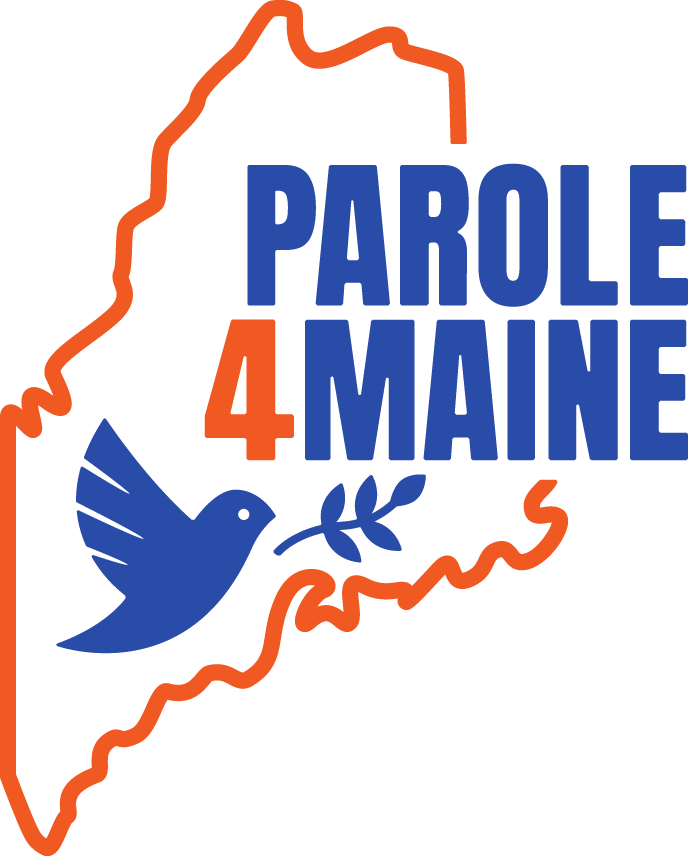It’s Time to Bring Back Parole in Maine
The BDN Opinion section operates independently and does not set newsroom policies or contribute to reporting or editing articles elsewhere in the newspaper or on bangordailynews.com.
Amy Frankel is a licensed master social worker and Ph.D. candidate at the University of Maine. This column reflects her views and does not express those of the University of Maine. She is a member of the Maine chapter of the Scholars Strategy Network, which brings together scholars across the country to address public challenges and their policy implications. Members’ columns appear in the BDN every other week.
In 1976, the Legislature made the decision to eliminate parole in the state of Maine, believing, at the time, that more transparent sentencing guidelines made parole unnecessary.
Forty-seven years later, we can now see that a comprehensive set of guidelines to sentencing may, alone, not actually be the best approach. Consider the current picture of our incarcerated population, and the challenges and stresses it places on our law enforcement infrastructure. Given the nature of the offenses for which we currently lock up a large number of Mainers, we all deserve an opportunity to rethink the state’s current position about parole.
That’s why LD 178, An Act to Support Re-entry and Reintegration into the Community, deserves our support.
In 2023, a significant number of individuals in Maine are incarcerated for offenses related to addiction and substance use. While many serve shorter sentences and would not be candidates for parole themselves, they are part of a ballooning incarcerated population that puts real strain on our criminal justice system and costs Maine taxpayers at a rate of around $76,000, per detained individual, each year we lock-up a fellow Mainer.
And even though our criminal justice system, by way of diversion, restorative justice and in-system programming makes significant efforts to assist individuals to be better prepared to rejoin their families and our communities, more can and should be done to help returning citizens.
Parole is the next step in that process.
The new parole bill, now before the Legislature, can transform the lives of returning citizens who qualify. LD 178 would create a pathway for individuals to be considered for early release, if they meet the parole board’s eligibility criteria, and only after they have served one-third of their sentence.The bill is carefully designed to implement a considered parole process that includes victims and survivors, to ensure they are involved in decision making. Parole eligibility would be based on specific criteria, and incorporate researched methods to prioritize community safety.
Parole can provide incentives for Mainers to rejoin their families and communities; it gives these individuals a way to signal their accountability and demonstrate their commitment. These are the kinds of policies that can make our communities stronger and
more open, caring places. This is the spirit with which Maine has historically looked after our own.
This legislation is the result of evidence-based guidance from experts, further supported by a special study commission, established by the Legislature to examine the prospect of reestablishing parole in Maine. We also have the benefit and wisdom of 34 states that currently use parole to good effect.
Maine is a sensible place. Mainers are proud and supportive of each other. According to Parole4ME, 77 percent of us believe parole is a good step forward for our state. By reestablishing parole, we will also be saving Maine taxpayers millions of dollars in unnecessary housing costs as returning citizens are able to join the workforce.
LD 178 has the ability to support individuals who are willing and able to return to our communities and who have done the necessary work to be granted that second chance.
This bill will allow the state of Maine to reduce barriers and ease challenges faced by returning citizens who typically fare better in the structured environment of parole than they do by way of an unsupervised release at the end of a full sentence.
All of this adds up to an important moment.
Let’s work together to move LD 178 forward. You can do so by reaching out to your state senator to show your support. LD 178 is a way to respect and honor the views of victims and survivors and to give eligible citizens, committed to doing the work of transforming their lives, an earned pathway back into Maine communities.
